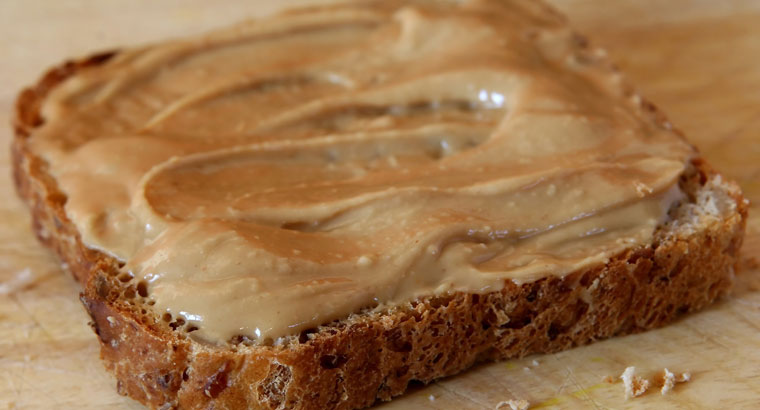News
GPs ‘critical’ to world-first allergy campaign
Health professionals are now being advised to introduce babies to common allergy-causing foods before the age of one.
 ‘Parents trust GPs and it’s really important that we give GPs the most current, up-to-date information,’ allergy expert Dr Richard Loh said.
‘Parents trust GPs and it’s really important that we give GPs the most current, up-to-date information,’ allergy expert Dr Richard Loh said.
The new national health strategy is aimed at reducing Australia’s climbing food allergy rates, which are currently the highest in the world.
One of the main focuses of the Nip Allergies in the Bub campaign is to encourage parents to introduce babies to common allergy-causing foods within their first 12 months – which directly contradicts advice previously provided by health professionals.
Co-chair of the National Allergy Strategy (NAS) Steering Committee, Dr Richard Loh, told newsGP that more than 5000 GPs have already received training in preparation for the launch, and primary healthcare professionals are vital for helping to spread the new message.
‘GPs were one of the critical groups we needed to engage with first. Parents trust GPs, and it’s really important that we give GPs the most current, up-to-date information,’ he said.
‘This message is not just for at-risk infants, but all infants. Introduce these foods, because some not at-risk infants unfortunately will also develop a food allergy.
‘One in 10 infants [having an allergy] is not a record Australians should be proud of. We are one of the highest food allergy nations [on the planet] … so the eyes of the world are on us.’
According to NAS, food allergy-induced anaphylaxis has doubled in the past 10 years, while around 4–8% children (0–5 years), and 2–4% of adults are affected by food allergy. Additionally, hospital admissions for anaphylaxis have increased five-fold in the past 20 years, and deaths from anaphylaxis in Australia have increased by 7% per year.
The new advice is in part predicated on the 2015 LEAP (Learning Early About Peanut) Study, which found that introducing smooth peanut butter to babies between 4–11 months of age reduced the rate of allergy by about 80%.
 Introducing smooth peanut butter to babies between 4–11 months of age reduces the rate of allergy by about 80%.
Introducing smooth peanut butter to babies between 4–11 months of age reduces the rate of allergy by about 80%.
Dr Preeti Joshi, a consultant specialist in Paediatric Allergy and Immunology, said one of the goals of the campaign is to allay fears and build confidence in the general community by giving practical advice based on the latest evidence.
‘In the past, the advice has been to delay the introduction of common food allergens, such as peanuts, cow’s milk, eggs, wheat, soy, shellfish and fish, particularly in babies with a family history of allergies or other risk factors,’ she explained.
‘However, the most recent evidence tells us that we actually need to be introducing these foods before the age of one to prevent allergies from developing.’
The campaign also offers detailed information about managing eczema, which affects one in five babies under two years and can be a risk factor for developing food allergies.
‘Babies with eczema have a higher chance of developing a food allergy, perhaps as a result of food allergens coming into contact with their skin,’ Dr Joshi said.
‘Eczema-affected skin is compromised – meaning it doesn’t work as effectively as a barrier – so managing eczema well in babies, if it is diagnosed, can improve the performance of that skin barrier, and may reduce the risk of food allergies developing.’
The project is being rolled out nationally, after a pilot program was successfully introduced in Western Australia last year.
In addition to the website, the project includes:
- online training, podcasts, clinical updates for health professionals
- downloadable information sheets, videos and recipes for parents
- Smart Start Allergy, an SMS program designed to raise awareness about introducing the common food allergens to babies, as well as gather information about possible allergic reactions
- a 1300 support line for parents and health professionals needing more information (1300 66 13 12)
- a widespread social media strategy to parents and health professionals to actively promote the key messages and the website.
allergies anaphylaxis
newsGP weekly poll
Within general practice, do you think there are barriers to providing flu vaccinations? If so, what are they?